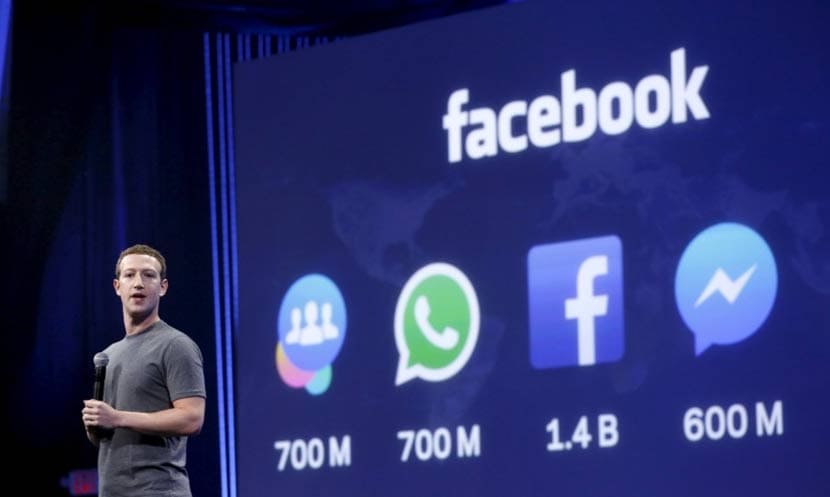Is freedom of expression and information seriously threatened by the new proposal for a Directive on Business Secrecy from the European Commission and the European Council?
In France, this project is facing opposition from many journalists such as Elise Lucet, presenter of France 2's 1 p.m. news programme and the magazine "Cash Investigation", who launched the European petition "Let's not let companies dictate the news" on 4 June. Stop the directive Business secrecy« . Nearly 350,000 signatures have been collected to date through Change.org. An appeal against the directive has also been launched by French trade unions, European trade unions, the European Association for Human Rights and Julian Assange, founder of Wikileaks.
The signatories of the petition fear that, under the pretext of protecting companies, this text will prevent journalists from doing their job, and in particular from revealing compromising information about them.
This Directive would not guarantee the protection of journalists and whistleblowers because they would have to prove that "the alleged obtaining, use or disclosure of the business secret was necessary for such disclosure and that the defendant acted in the public interest".
 Elise Lucet, by answering an interview with FranceTV info, explains: "Under the pretext of combating industrial espionage, this text will considerably hamper the work of economic investigation. The multinationals we are investigating will be able to refer the matter to the courts if they consider that we are attacking business secrecy. And these large companies will themselves define what this attack consists of.
Elise Lucet, by answering an interview with FranceTV info, explains: "Under the pretext of combating industrial espionage, this text will considerably hamper the work of economic investigation. The multinationals we are investigating will be able to refer the matter to the courts if they consider that we are attacking business secrecy. And these large companies will themselves define what this attack consists of.
Then, these multinationals will seek to have us ordered to pay damages that can be considerable (hundreds of thousands, or even millions of euros). The companies will give the magistrates the documents to support the sums they are claiming, arguing for example that there has been a significant loss of turnover or other damages. »
This Directive is not new, the European Commission had already proposed, in November 2013, a directive on business secrecy. According to the impact studies of the Directorate General for the Internal Market, in 2013, one in four European companies reported at least one case of theft of information. However, the complexity of national legislation very often prevents injured parties from asserting their rights beyond their borders. Harmonisation would also enable them to ask a State other than their own to stop the import of a product resulting from the theft of a business secret. In an economy which is 70 % based on services, the Commission considers patents to be unsuitable for protecting know-how.
The directive has been entrusted to the European Parliament's Legal Affairs Committee and the MEP from the "Les Républicains" movement (formerly UMP) Constance Le Grip has been appointed rapporteur.

Would information become a crime?
Will it still be possible to provide free information on whole areas of political, economic and social life? Will it still be possible to avoid mistakes such as the Mediator, Monsanto pesticides, the UBS affair, the LuxLeaks scandal, etc.?
According to Véronique Marquet, member and lawyer of the collective "Informer n'est pas un délit", in an interview with Le Point magazine, "The directive provides an exception for journalists within the legitimate framework of freedom of information, but it will be an exception, journalists will have to demonstrate that their information is of general interest. And the company will decide on the harm caused by the disclosure of the information. Who will take the risk of suffering damages of up to millions of euros? »
As Mediapart stated very explicitly in March 2015, "The right to freely use and disseminate information must be the rule, and the protection of business secrecy the exception. »
In a resolution voted on 9 June in the National Assembly's European Affairs Committee, Socialist MEP Audrey Linkenheld proposed explicitly excluding "the activities of journalists" from the scope of the directive and specifically protecting whistleblowers acting in an individual capacity.
"Informing is not a crime." says Madame Marquet: " The fate of journalists and their sources is intimately linked, and the latter are reportedly not sufficiently protected. »
The European Parliament's Legal Affairs Committee, faced with the European mobilisation against the "business secrecy" amendment in the Macron law, led to its abandonment in January 2015; but on 16 June, the amendment was reconsidered with some improvements, notably to protect journalists and whistleblowers, "now excluded from the scope of the directive, if their revelations contribute to the general interest", according to the European Parliament's Legal Affairs Committee. Article 4(2) of Directive :
- "the legitimate use of the right to freedom of expression and information."
- the disclosure of misconduct, malfeasance or illegal activity by the applicant, provided that the alleged obtaining, use or disclosure of the business secret was necessary for the disclosure and that the defendant acted in the public interest".
For the collective, the only satisfactory solution would be to refocus the directive solely on industrial espionage between companies, in order to effectively protect all individuals who reveal business secrets in the name of the general interest. (Source : Maxime Vaudano and Amandine Réaux /Le Monde - 23 June 2015)
Negotiations with the States and the European Commission have already begun. The petition will be handed over tomorrow, Tuesday 30 June, to Constance Le Grip, rapporteur for the directive.
![]()
– Fact sheet: Business secrecy
– Business Secrecy - European Commission page
– Business secrecy - EU Council agreement












